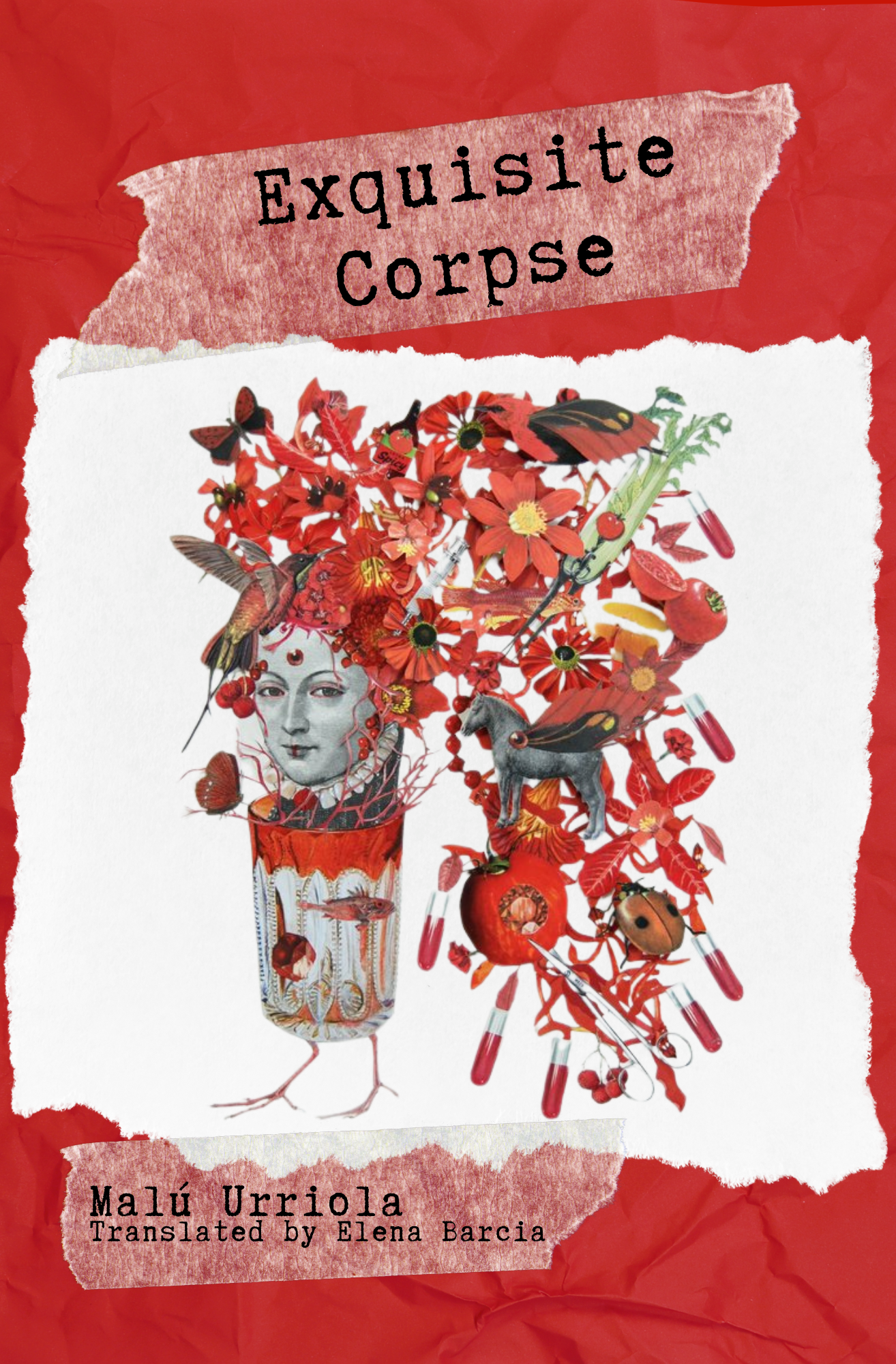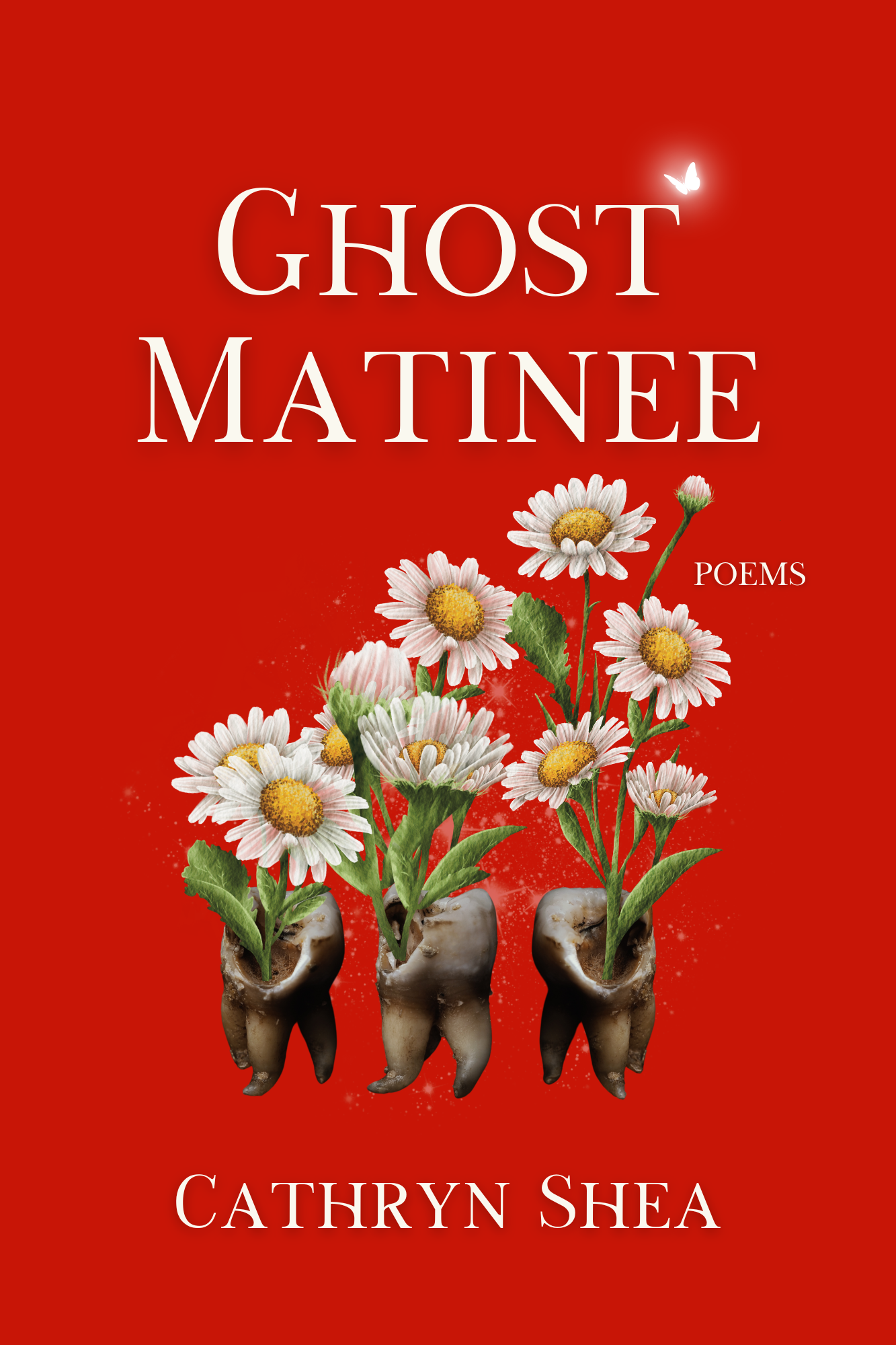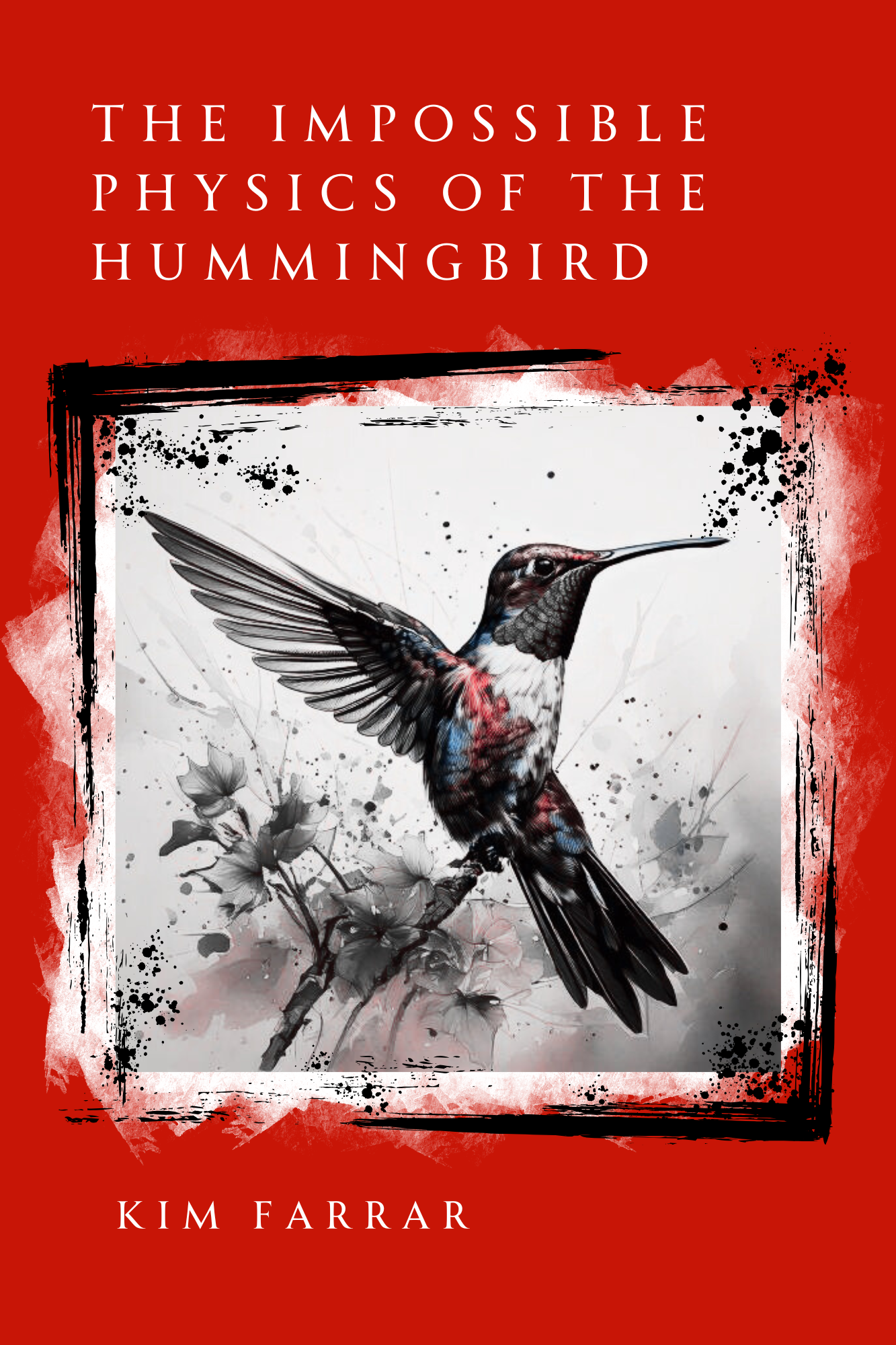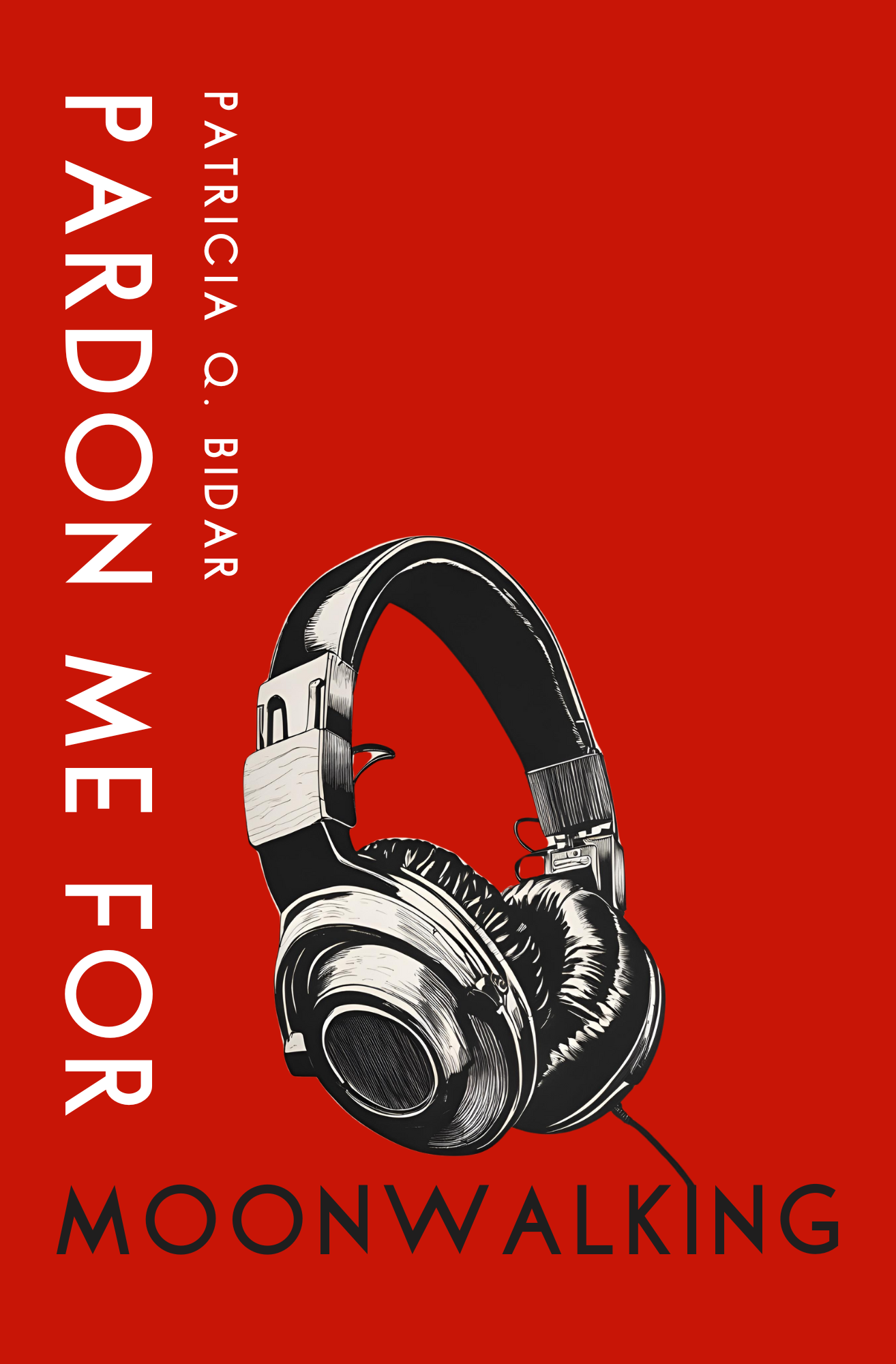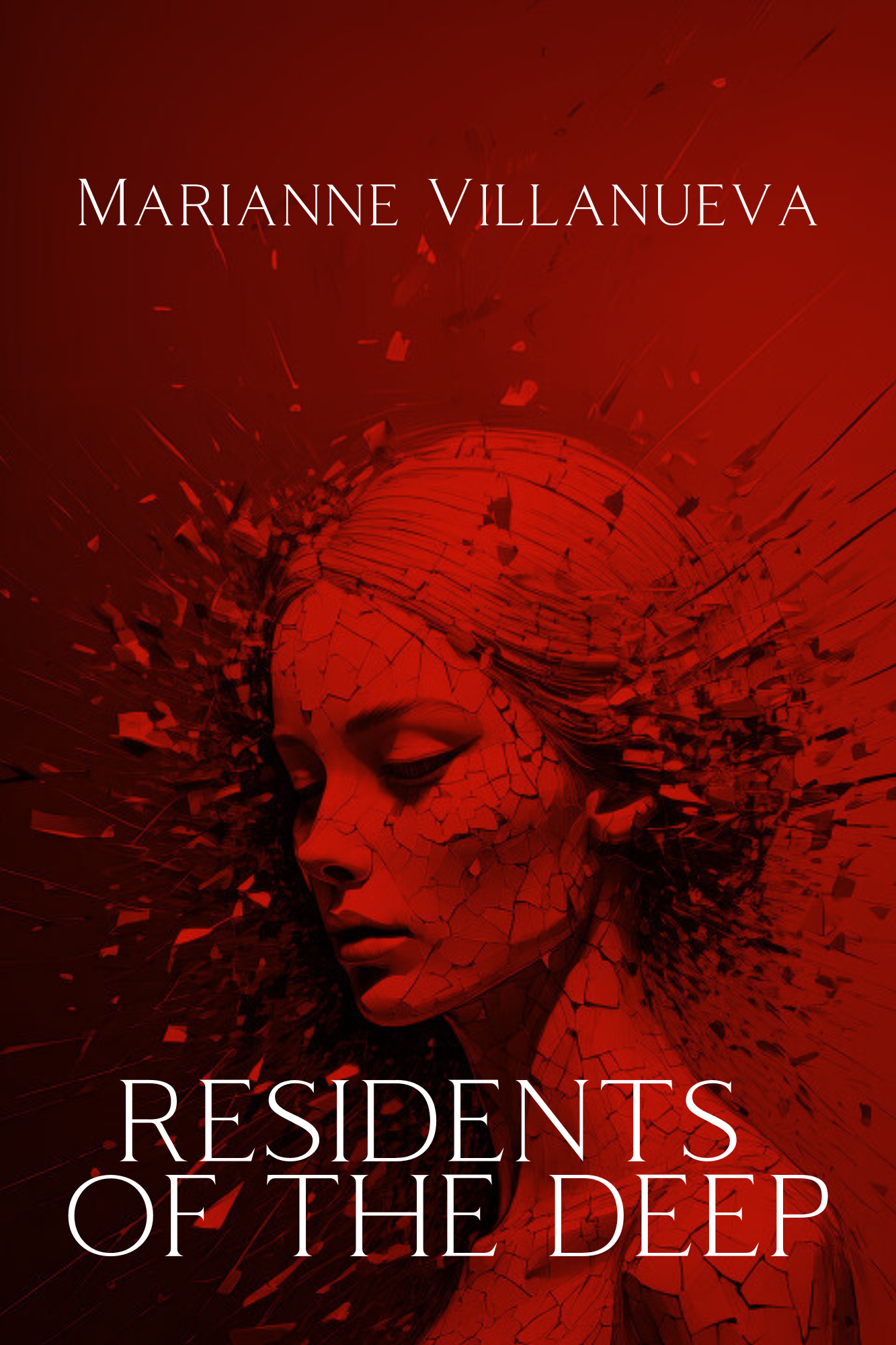Playlist for EXQUISITE CORPSE
About MALÚ URRIOLA
Malú Urriola was a Chilean poet, author of seven collections of verse, and the winner of numerous awards, including the Fundación Pablo Neruda’s Premio a la Trayectoria for her body of work in 2006. Urriola published her first book of poetry, Piedras rodantes (Rolling Stones; Cuarto Propio) in 1988. Her poems appeared in many anthologies and were translated into English, German, French, and Italian. In addition to her poetry, she wrote scripts for cinema and television and participated in several public multimedia art projects, including La luz que me ciega (The Light that Blinds Me), featured at the 2015 Venice Biennale.
About ELENA BARCIA
Elena Barcia is a film and literary translator born and raised in Los Angeles. During her career in the film industry, she translated hundreds of movies from Hamlet to Harry Potter, and collaborated with directors like Martin Scorsese, Guillermo del Toro, Alfonso Cuarón, and Alejandro Iñárritu on the subtitle translations of their films. Her translation of Miguel de Unamuno’s classic novel Niebla (Fog) was published by Northwestern University Press in 2017. Her poetry translations have appeared in The Harvard Review, Asymptote, Dark Matter: Women Witnessing, Poetry International, and Exchanges, a Journal of Literary Translation. In both 2020 and 2022 she was shortlisted for Poetry International’s Summer Chapbook competition, and her translation of Chilean poet Malú Urriola’s Cadáver exquisito was published in a bilingual edition by Valparaíso Editions USA in June of 2023. Her anthology of Chilean poet Rosabetty Muñoz’s poems titled Nothing Like Paradise will be published by Northwestern University Press in 2026.
-
Genre: Poetry Translation
ISBN: 978-1-963115-41-3
Publication Date: July 15, 2025

